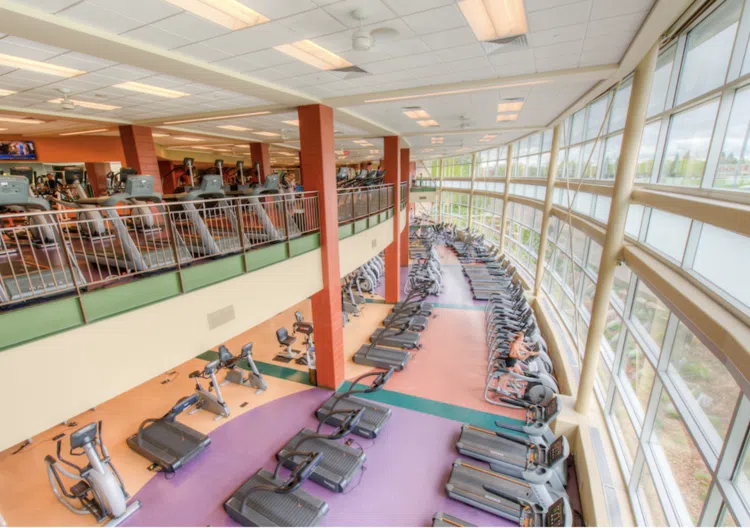Art (B.A.)
Art (B.F.A.)
⭐ Art (B.A.)
When you major in Art (B.A.), you’ll take your passions to new levels of creativity and expression. You’ll start with a foundational year, where you’ll get exposure to every medium from drawing to metalsmithing to ceramics to digital art. In the B.A. program, you’ll become adept at studio arts, and can focus on history or integrated visual studies, which combines art coursework with coursework from another discipline.
Art History Concentration
Art History provides a basic preparation in art history for graduate studies; careers in research and teaching at the college level; for positions in museums, libraries, or private collections; or for writing and criticism in the arts.
Integrated Visual Studies
Integrated Visual Studies provides an opportunity for students to integrate their knowledge from previous visual arts coursework, their study in another discipline, reflect on their experiences, and integrate their learning through an interdisciplinary lens. By participating across disciplines and thus identifying their roles in the larger professional and scholastic communities, students completing this B.A. concentration will be better prepared for their transition into careers or further study.
⭐ Art (B.F.A.)
The B.F.A. in Art is considered the professional degree for studio art and art education majors, allowing you to explore various mediums and gain a foundational knowledge base in art history. You’ll get opportunities to learn from masters of their crafts as well as look back upon art throughout the ages, different forms of expression, and their impact on society. Students are admitted into the program in preparation for the required sophomore portfolio review that takes place upon successful completion of foundations coursework.
Art Education Concentration
The Art Education concentration embraces the artist-teacher concept, which allows students to develop a studio concentration while preparing to teach art at the K-12 level.
Painting Concentration
Students gain an understanding of the visual language and technical aspects of painting. As proficiency in oils advances, they work with alternative tools, methods and surfaces.
Drawing Concentration
The program builds on a foundation of basic skills toward advanced drawing as high art form. Students refine their abilities while exploring personal expression and ideas.
Photo Image Making Concentration
Students learn the fundamentals of photographic practice, gain an understanding of its connections to the contemporary art world, and explore personal applications of the medium.
Electronic Art Concentration
Electronic Art uses digital mediums to create art. CSU’s program focuses on experimental video and animation techniques, net art, and using software as a medium for creative output.
Pottery Concentration
The comprehensive curriculum exposes students to the range of contemporary ceramic art processes and concepts. Students develop critical, technical, and manual skills.
Fibers Concentration
Our students become adept at creating and transforming fabrics and fiber structures. Coursework provides a foundation in weaving, surface design, and related textile techniques.
Printmaking Concentration
Students develop a technical background in a variety of media needed to cultivate a studio practice. Courses are taught workshop-style allowing artists to share diverse creative inquiry.
Graphic Design Concentration
Students learn through graphic design theory, history and professional practices to create artistic expressions in print and digital media, experimenting with treatments of typography and illustration.
Sculpture Concentration
Students are encouraged to experiment and innovate while exploring content in the areas of object-making, installation, site-based work, performance, time-based art, and digital processes.
Metalsmithing Concentration
Students explore traditional metalsmithing techniques, while developing their own artistic practice. Projects introduce and strengthen technical skills and explore historical and contemporary practice within the field.
